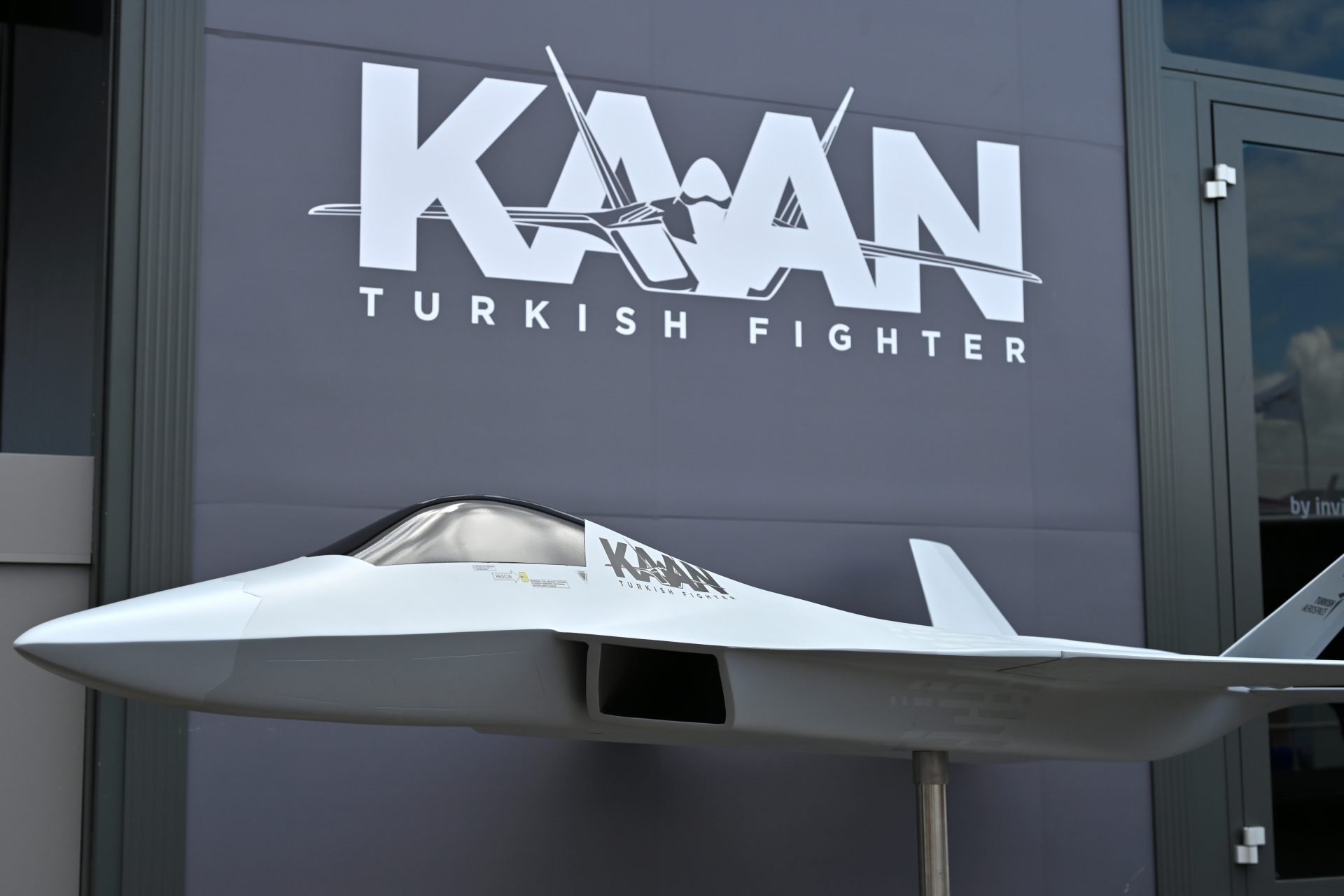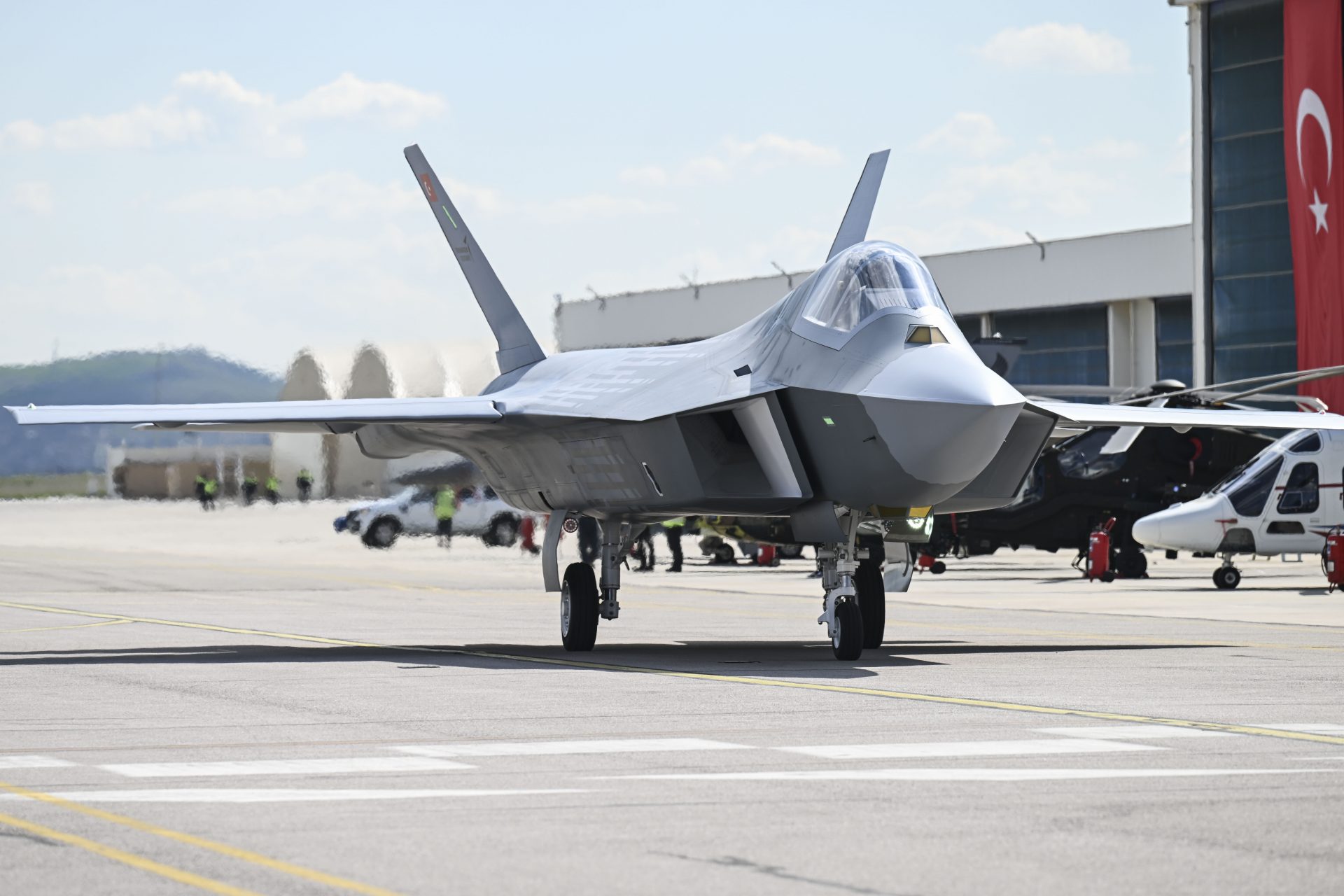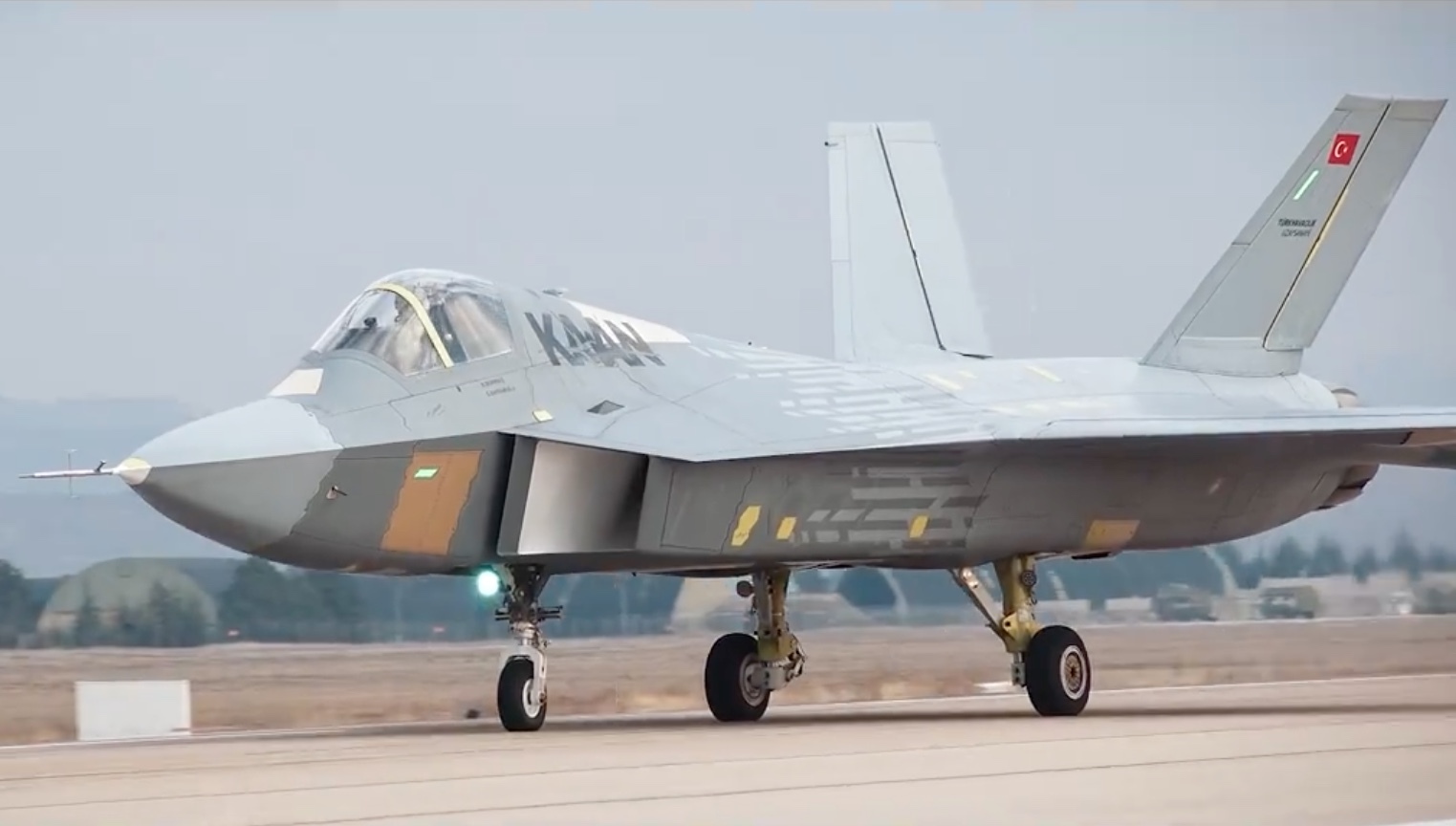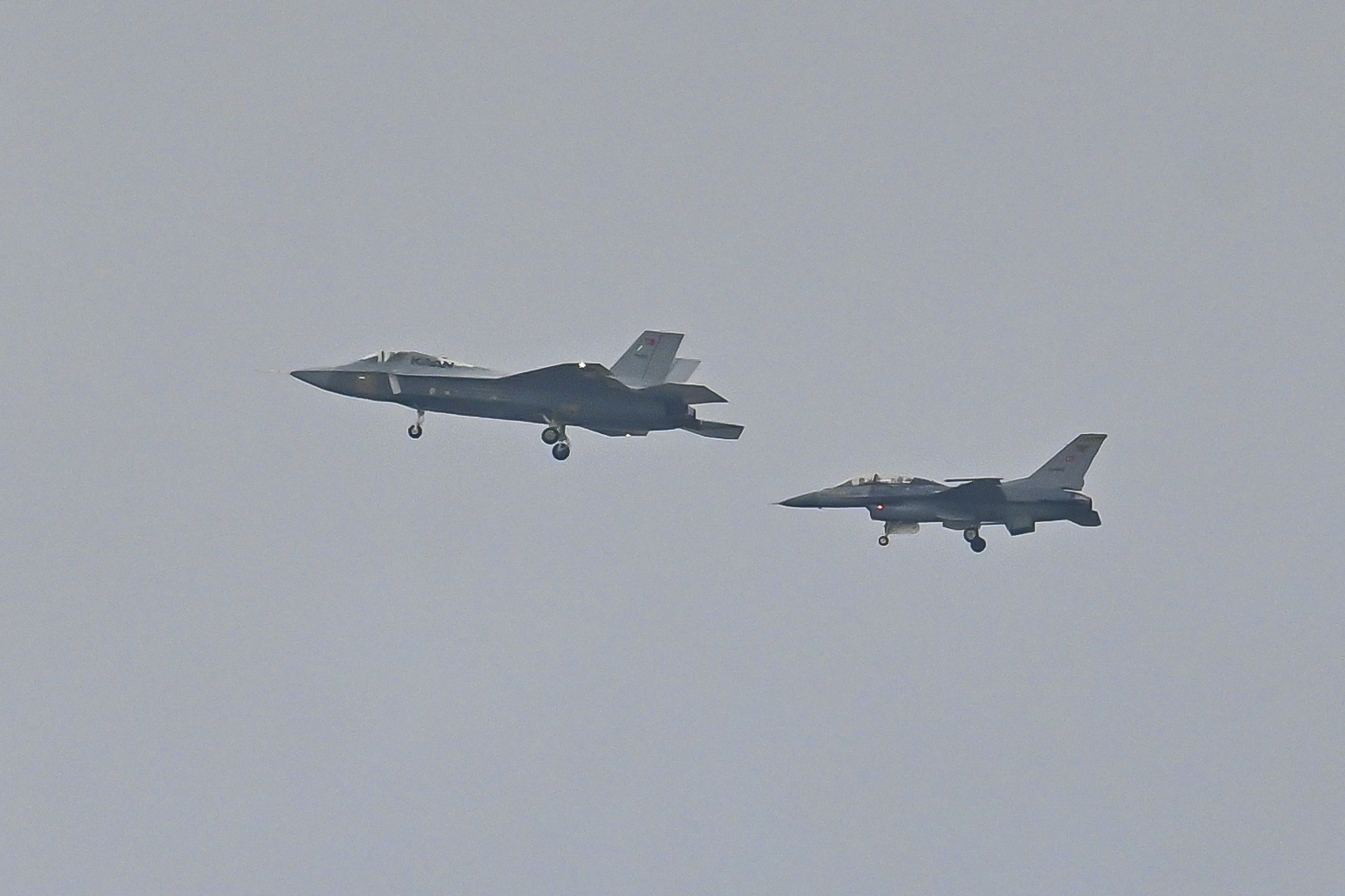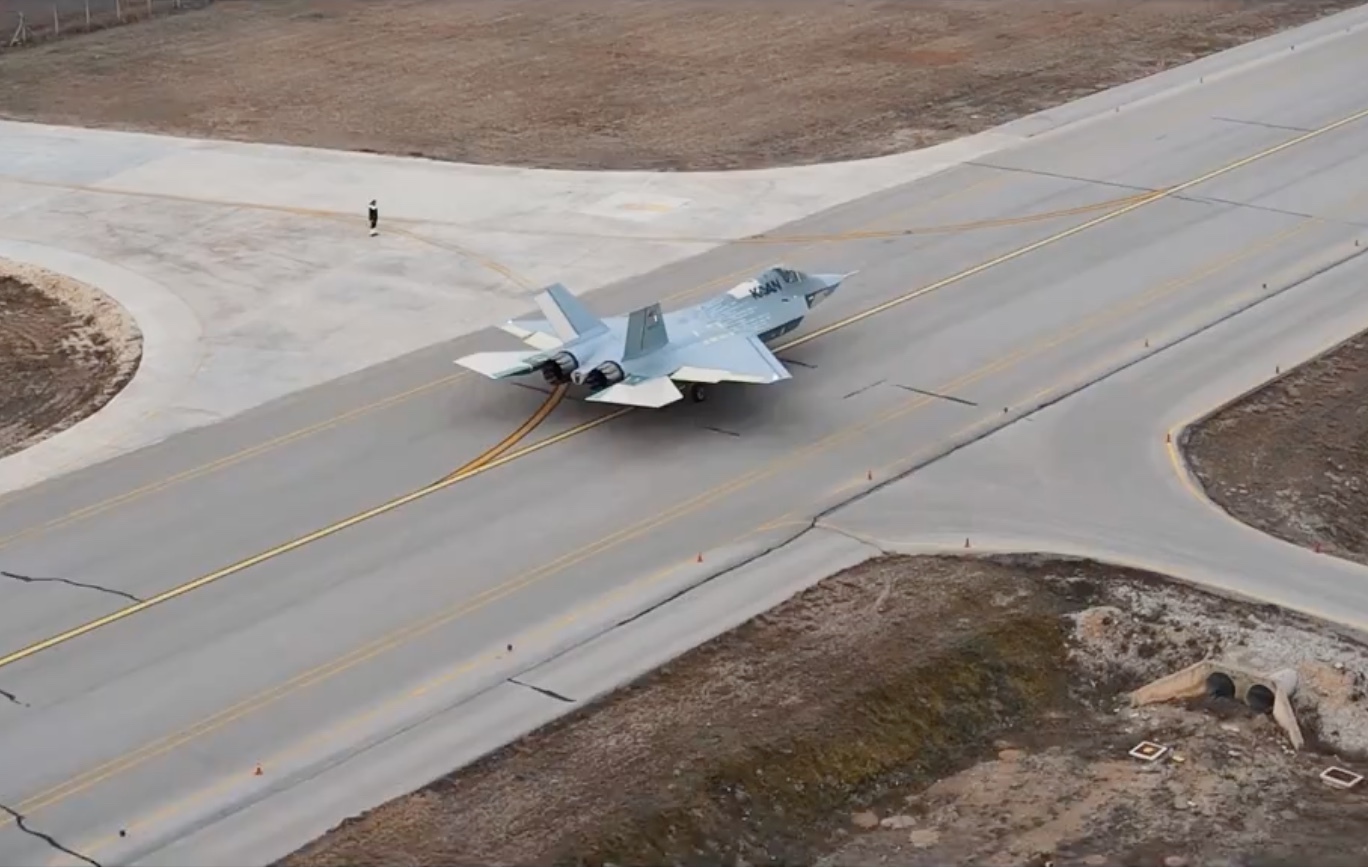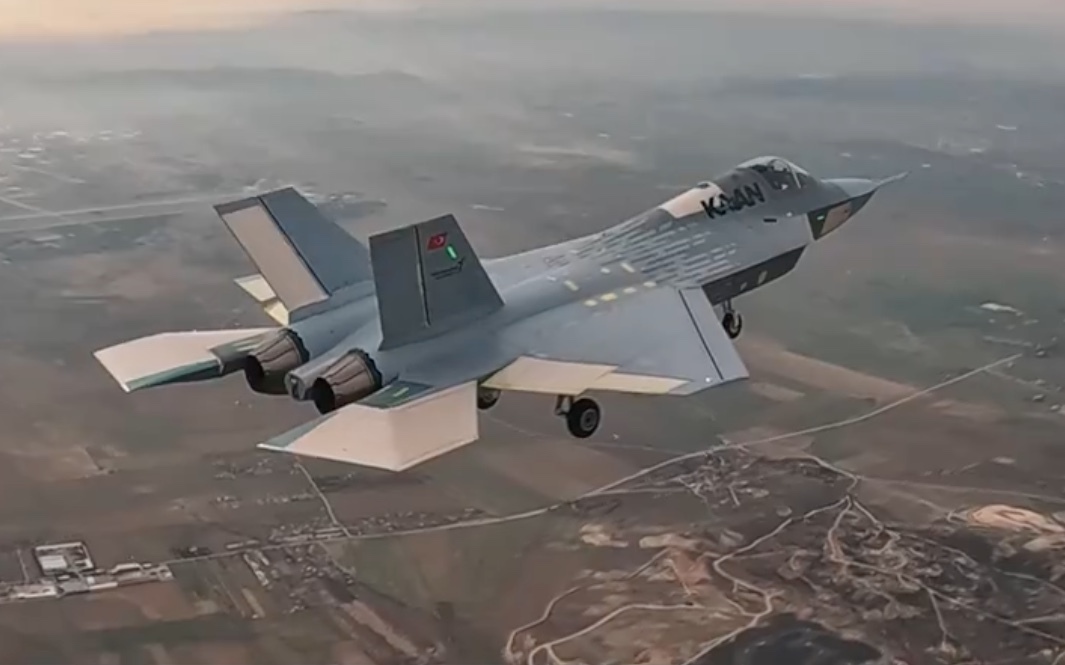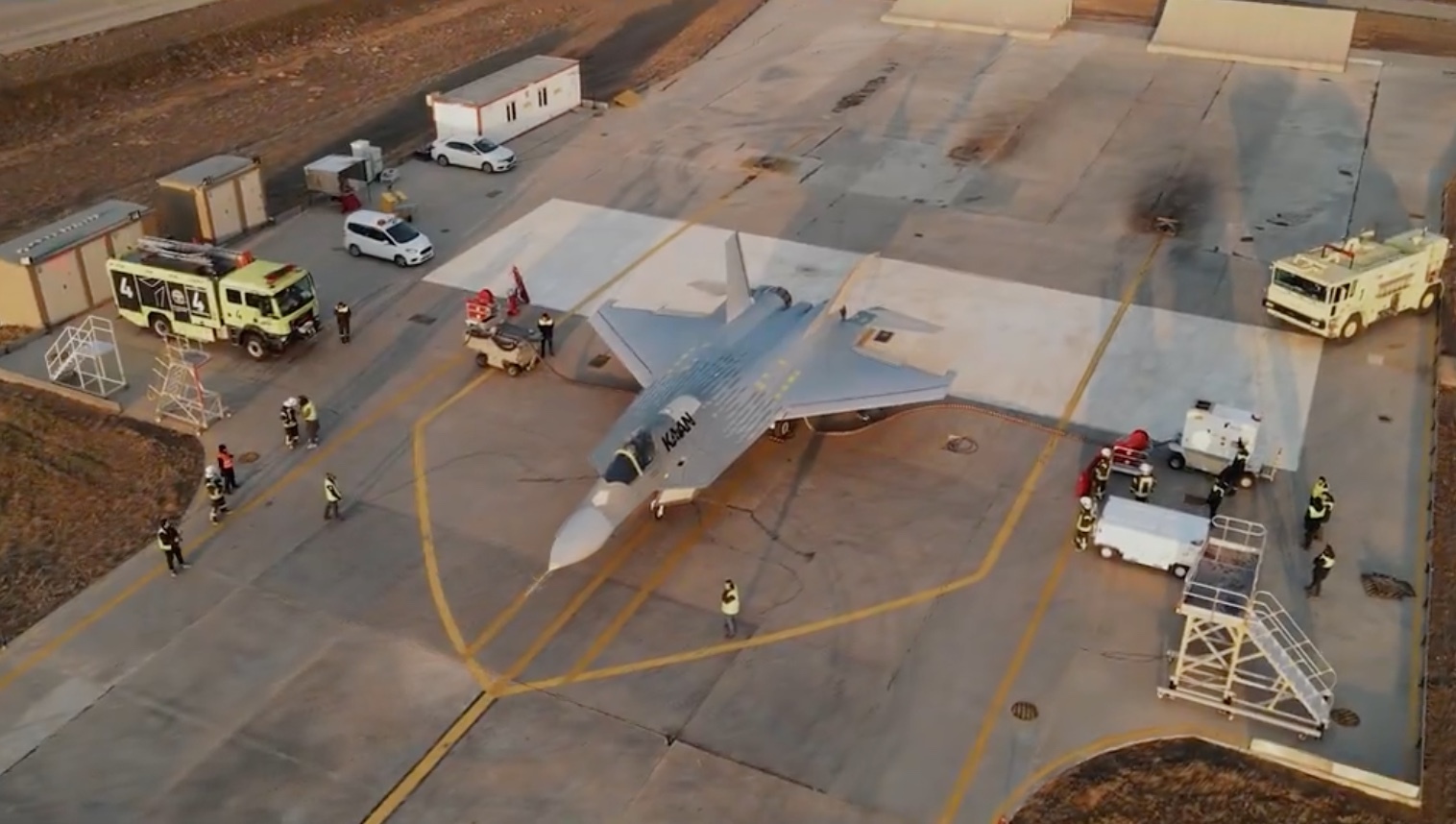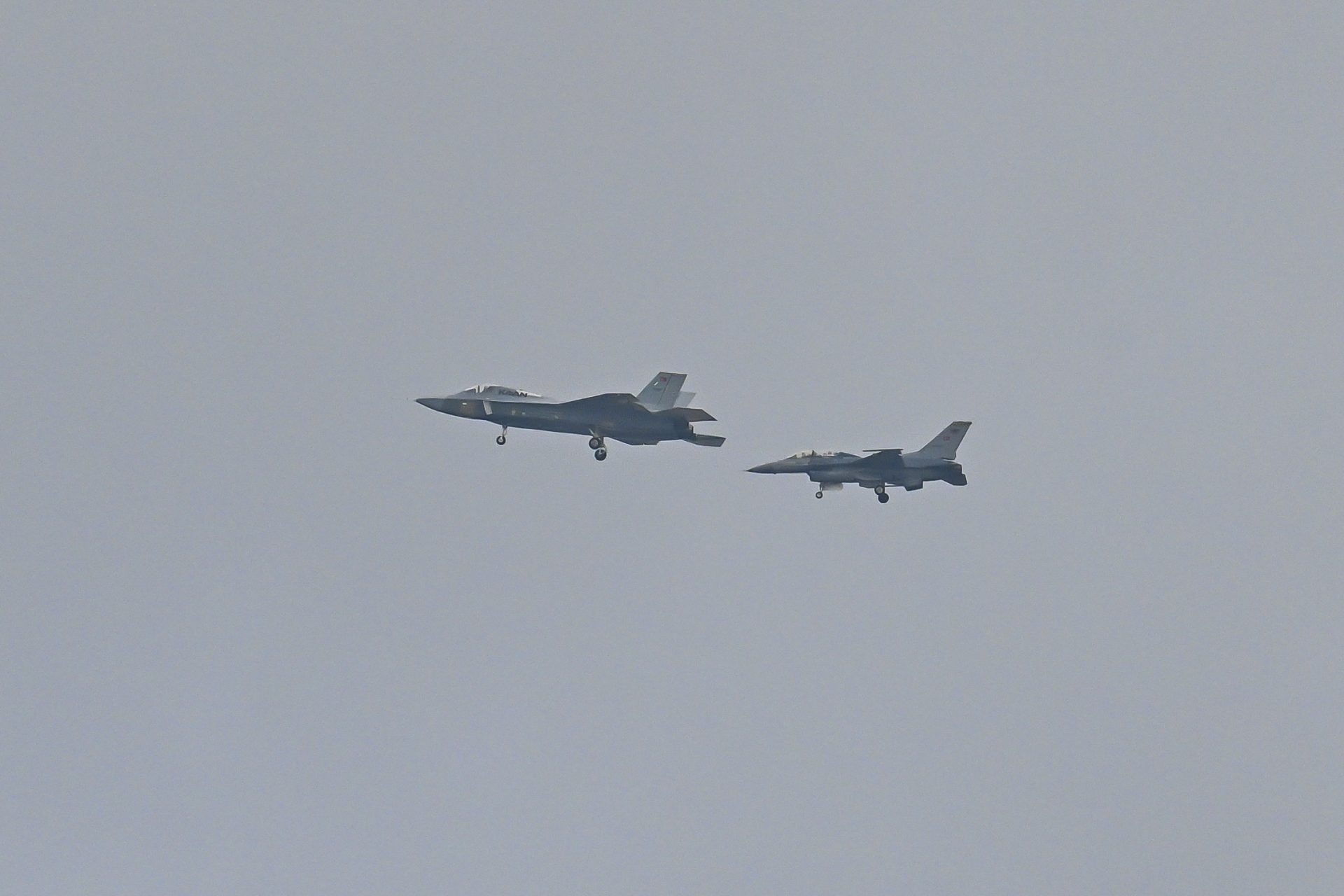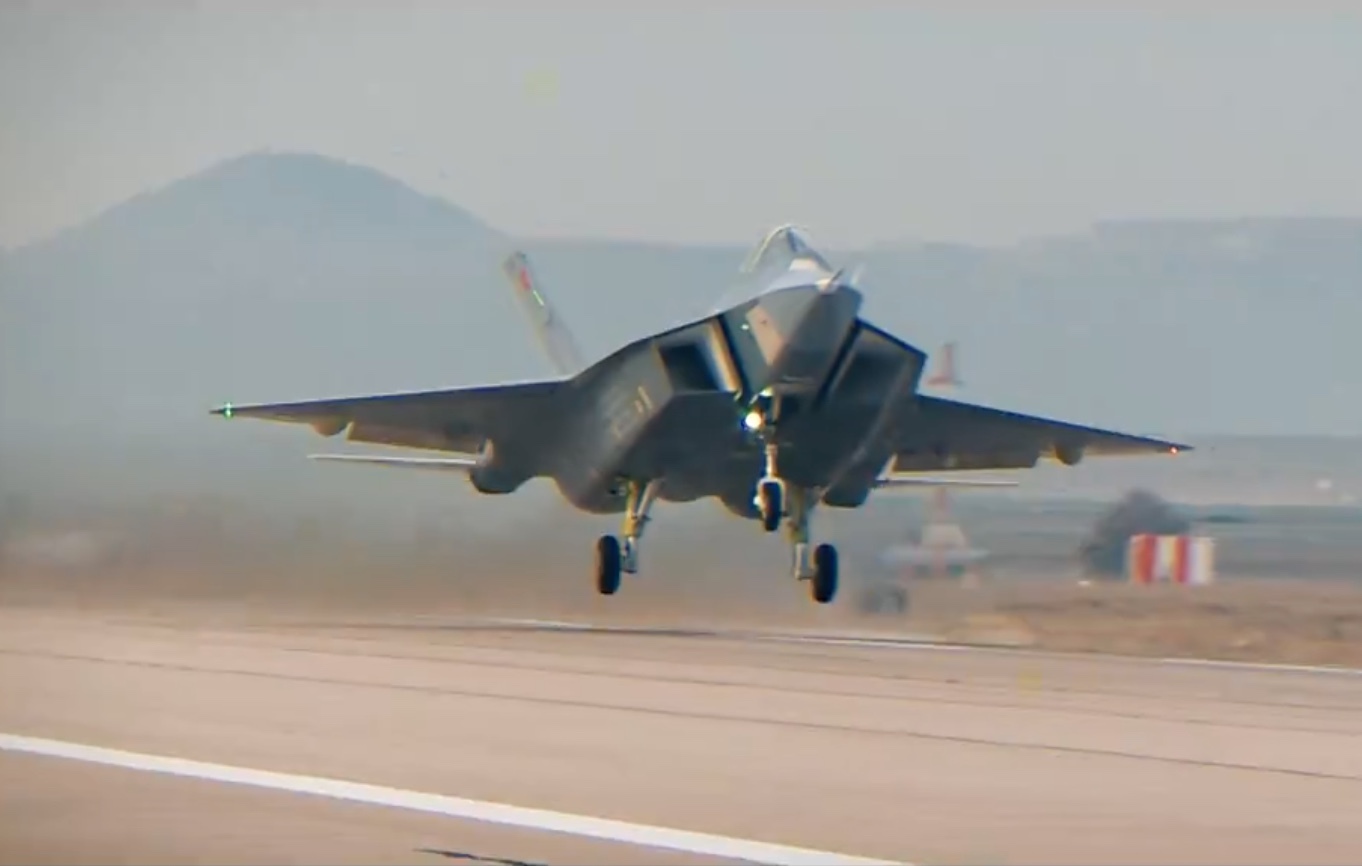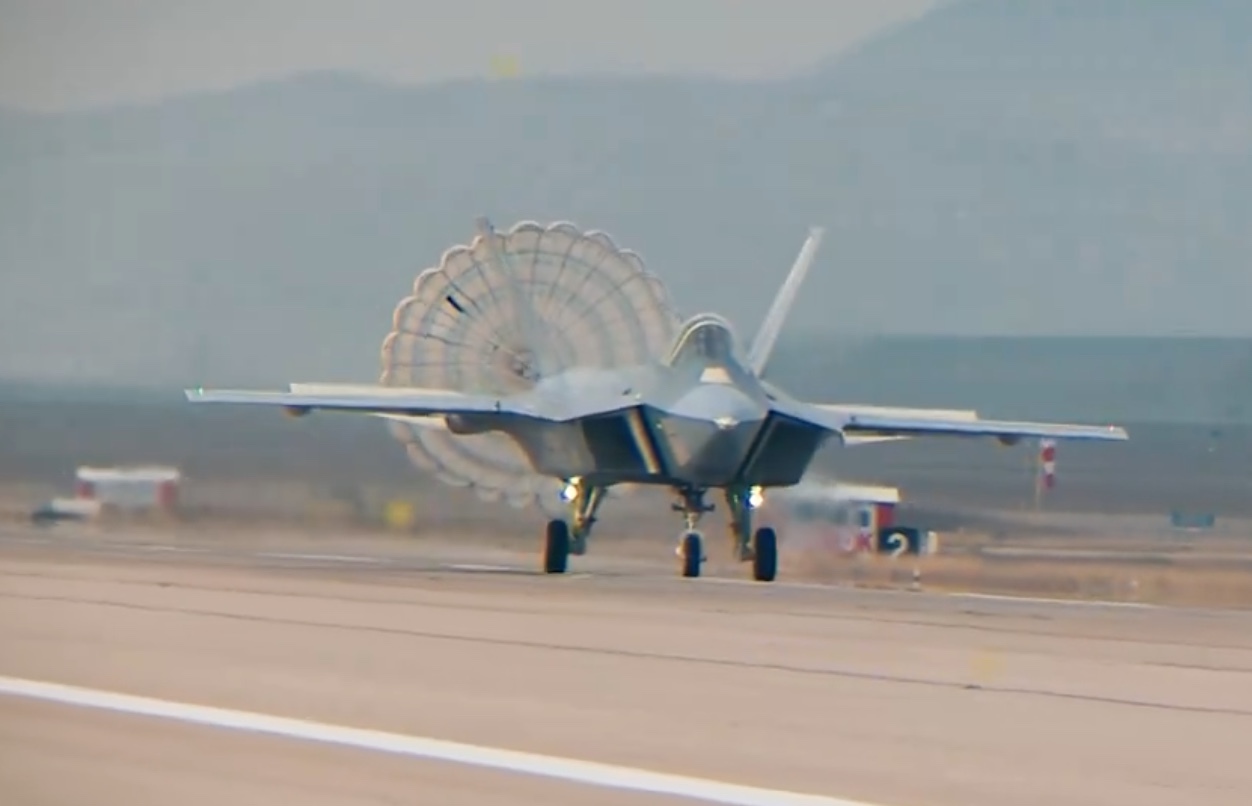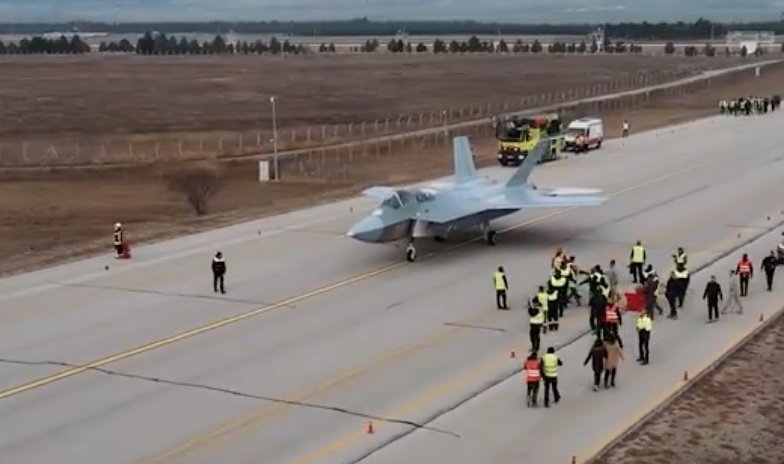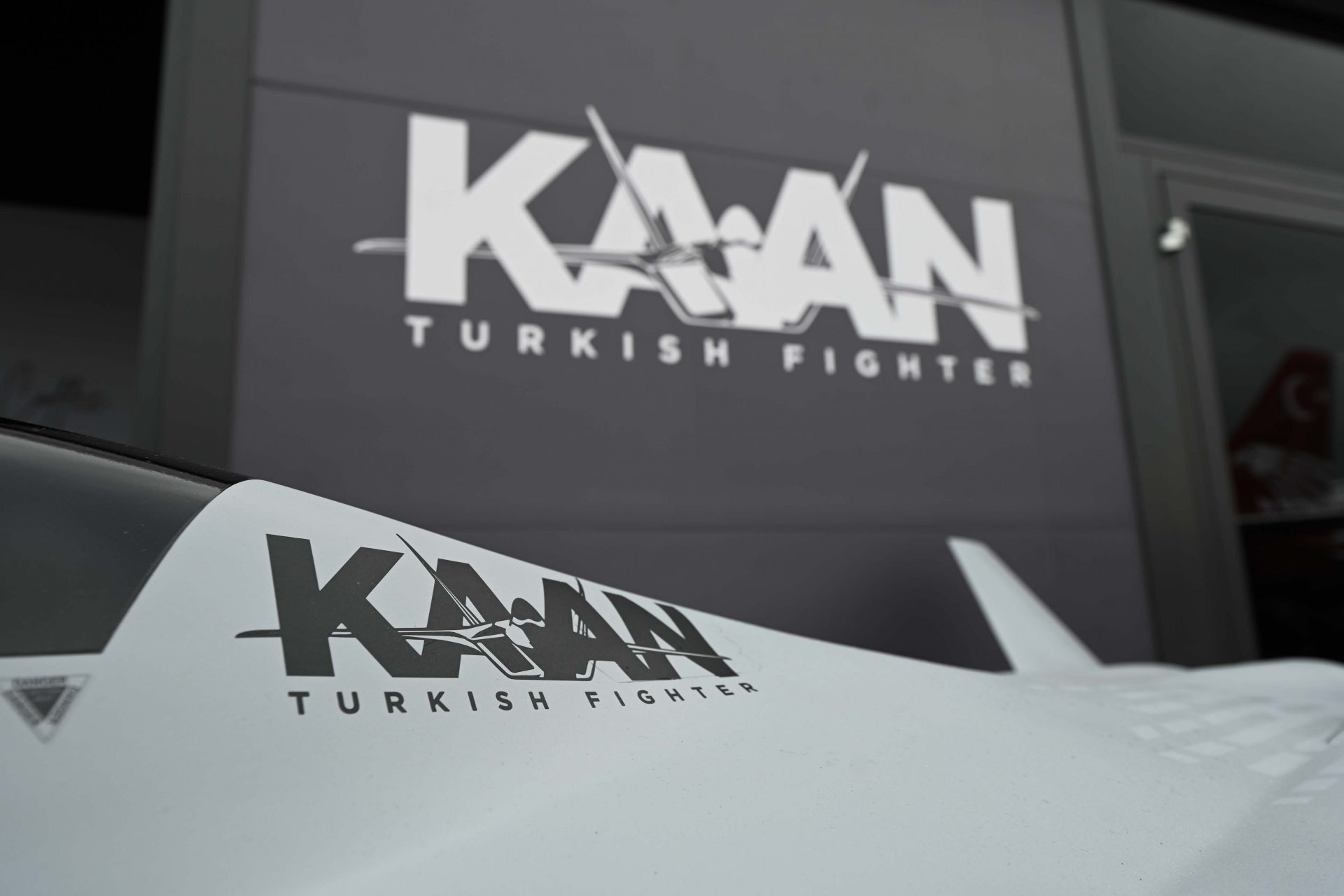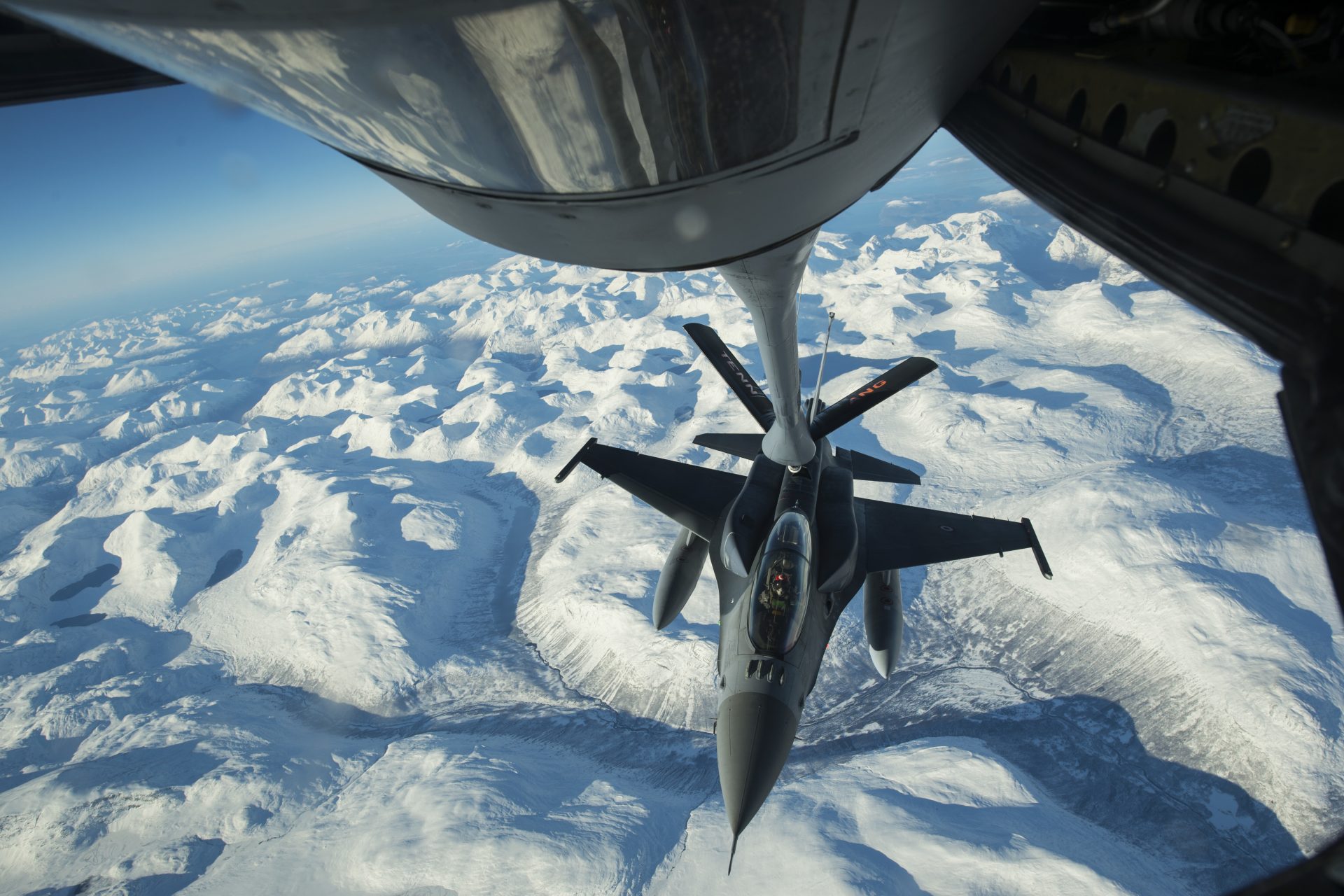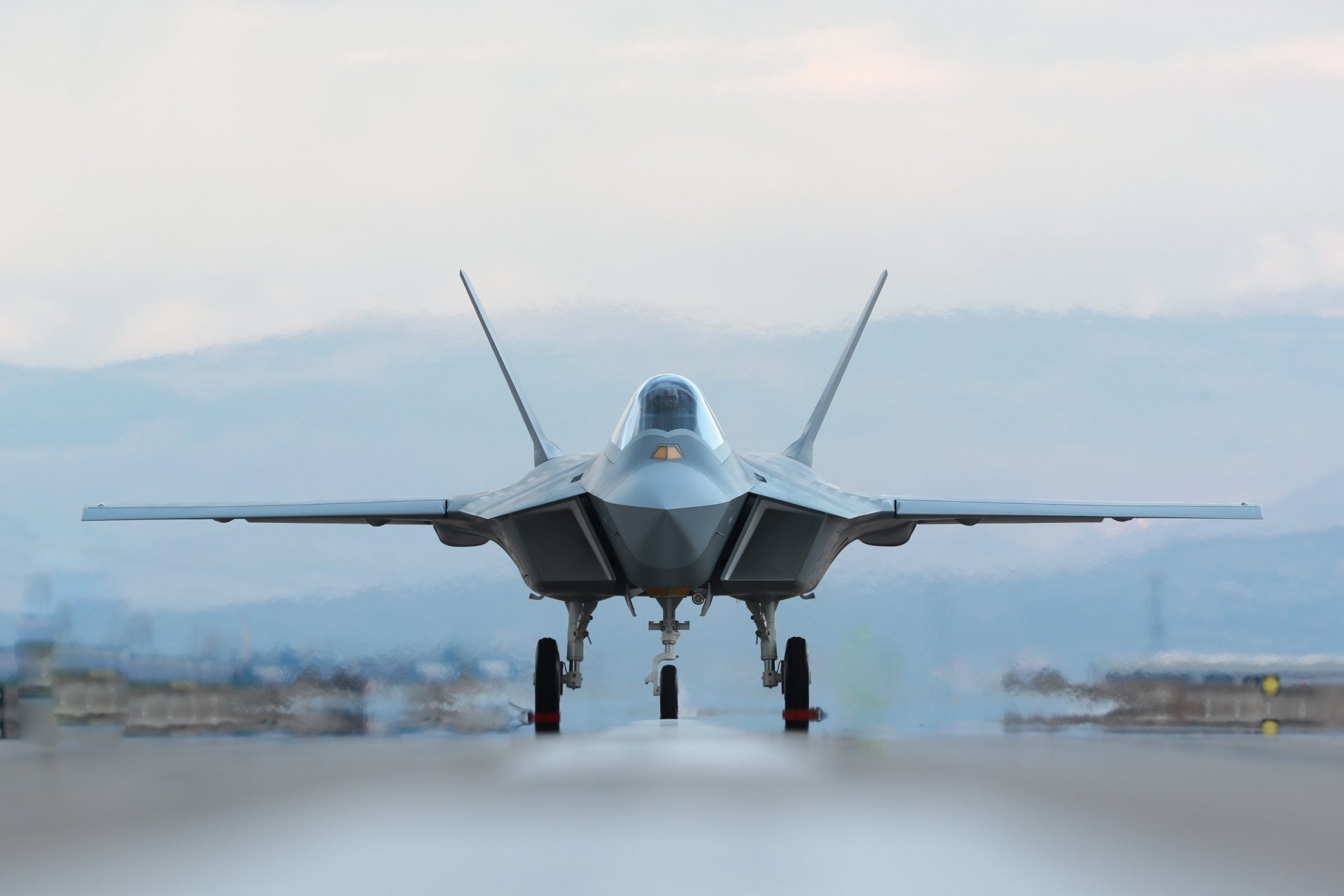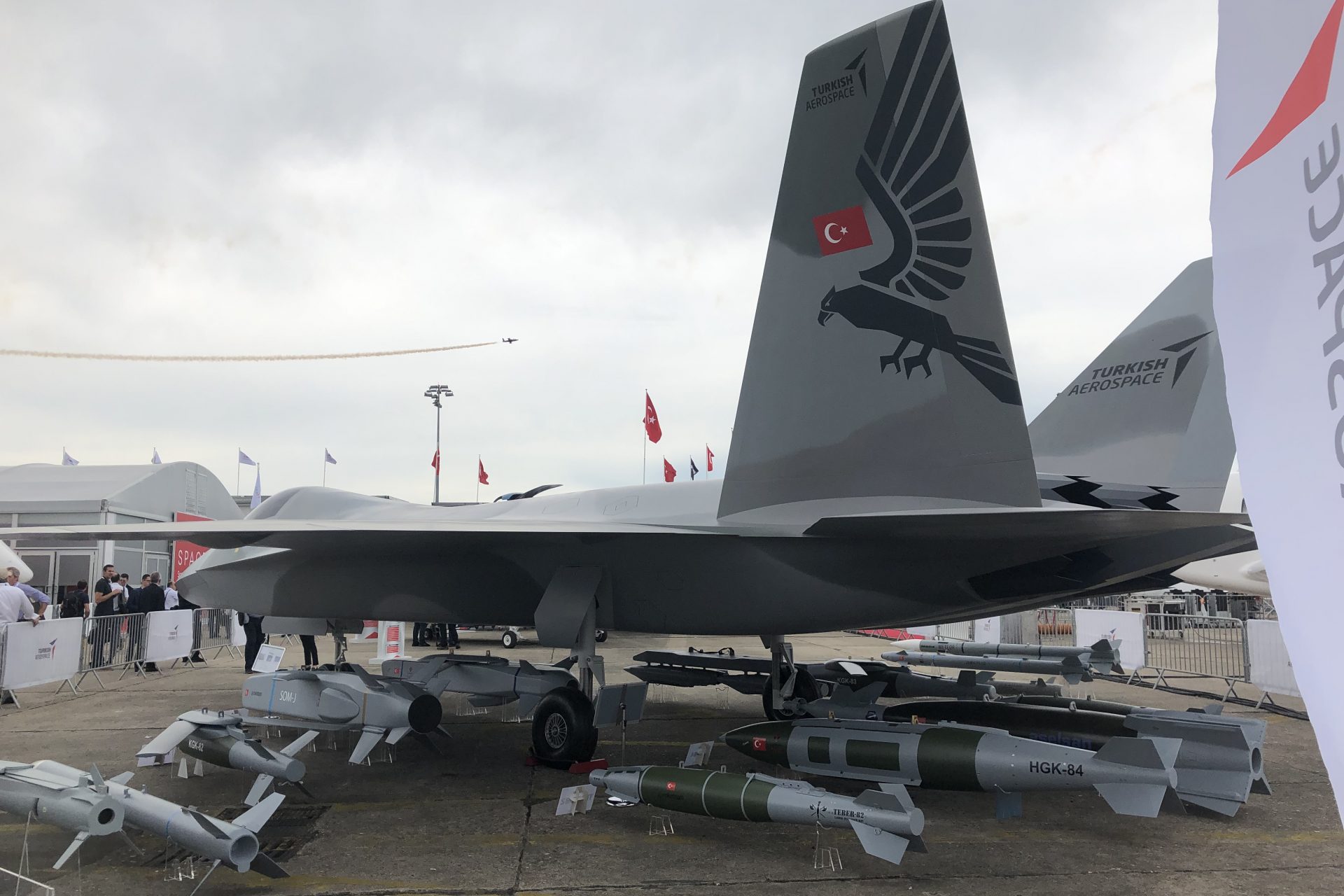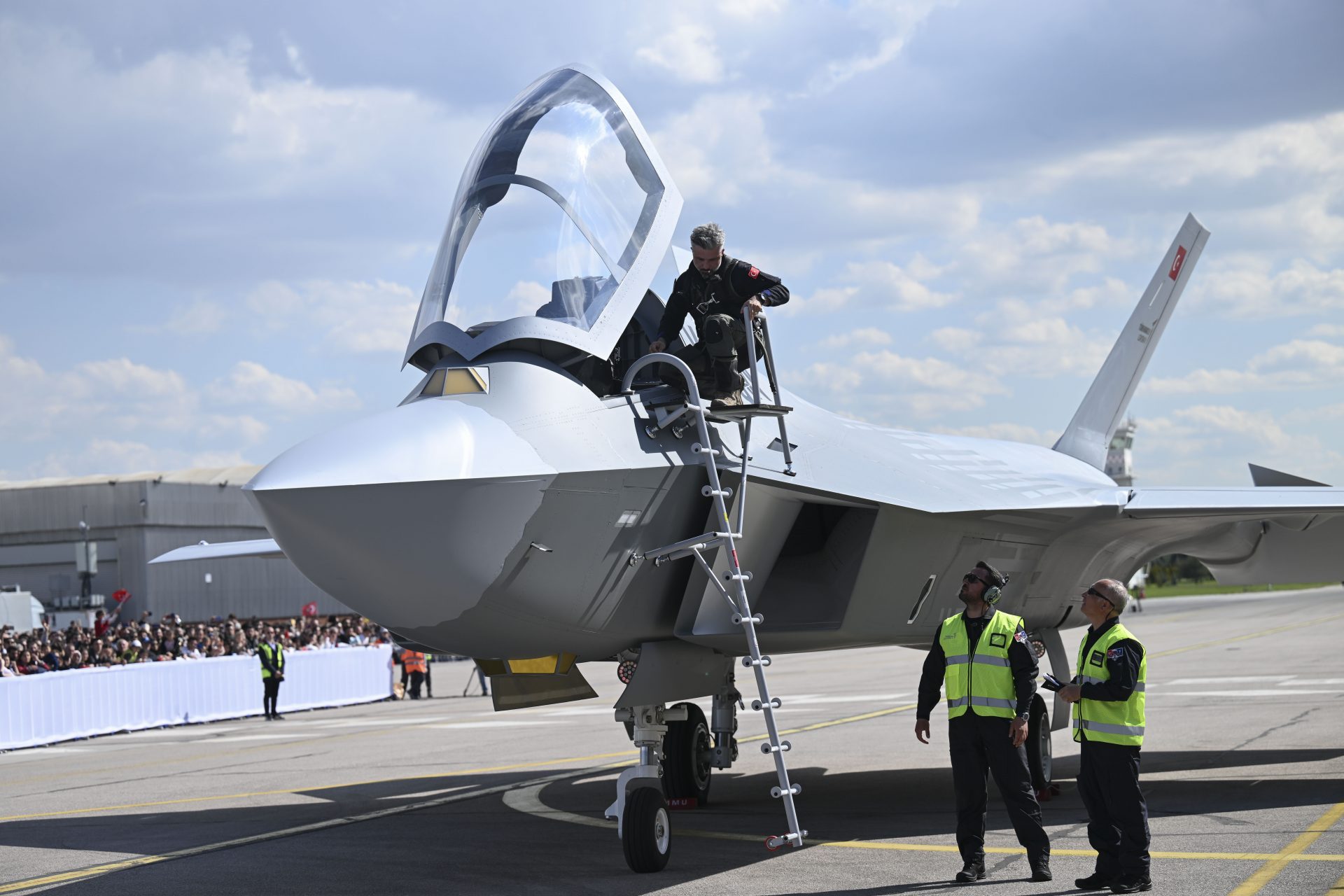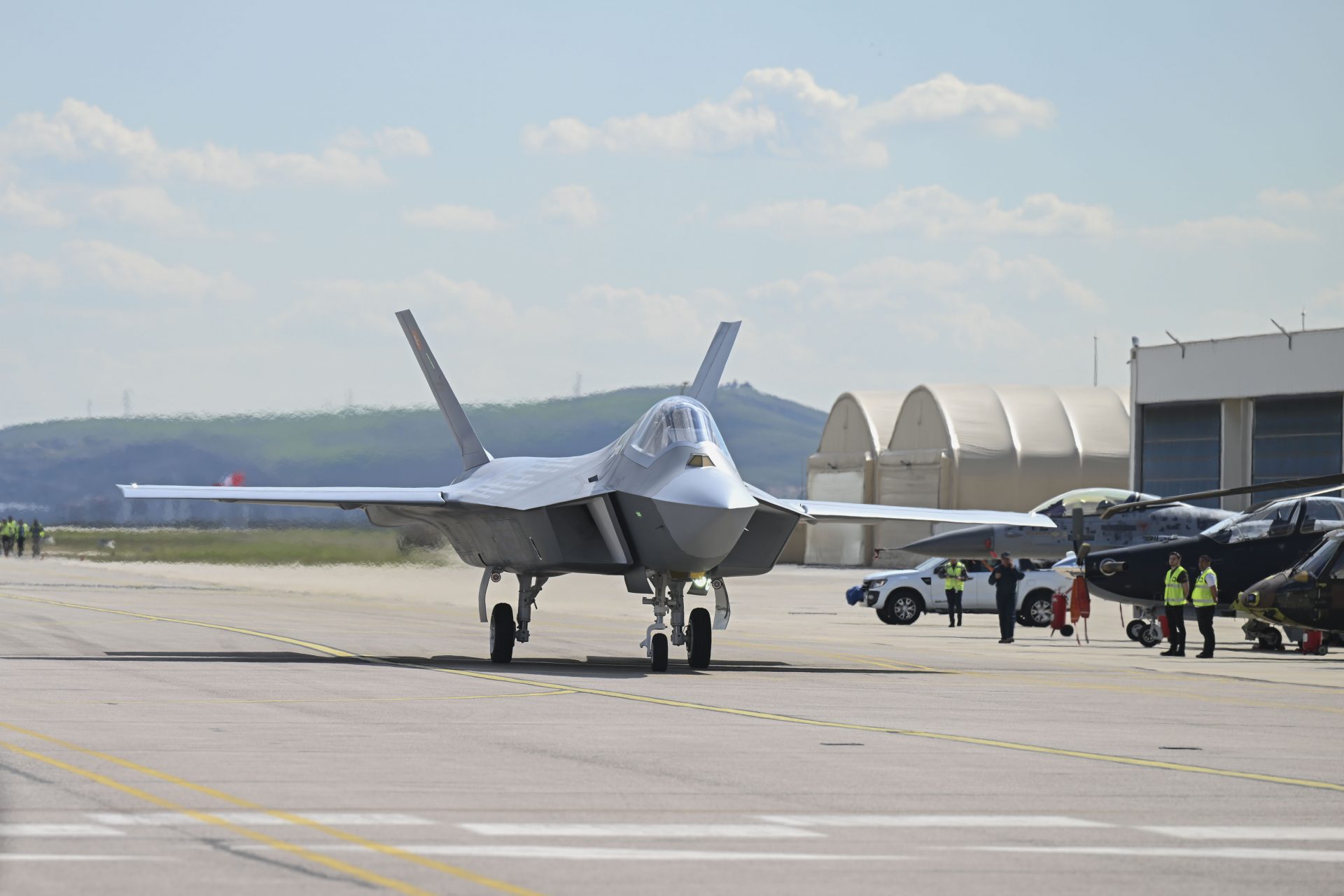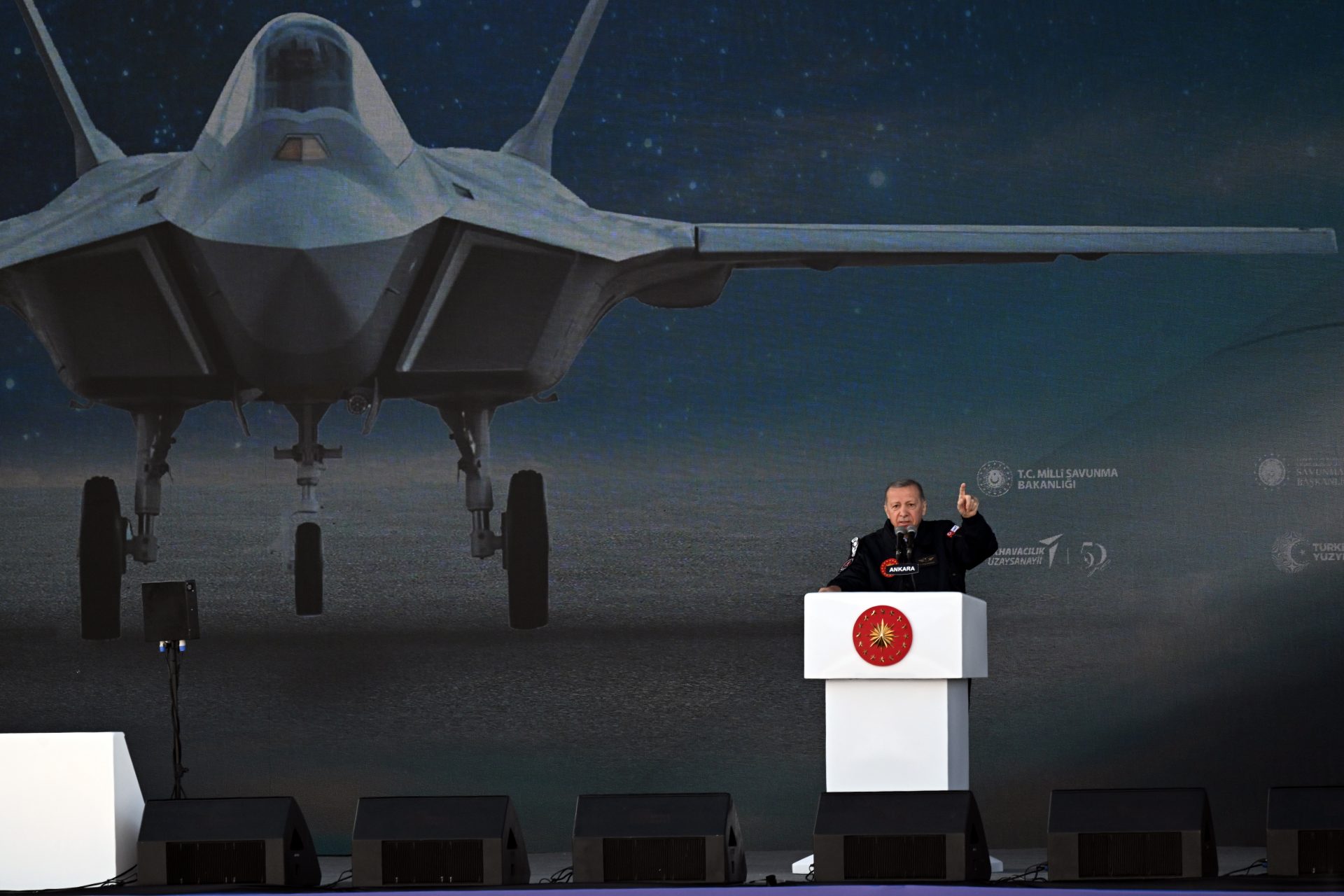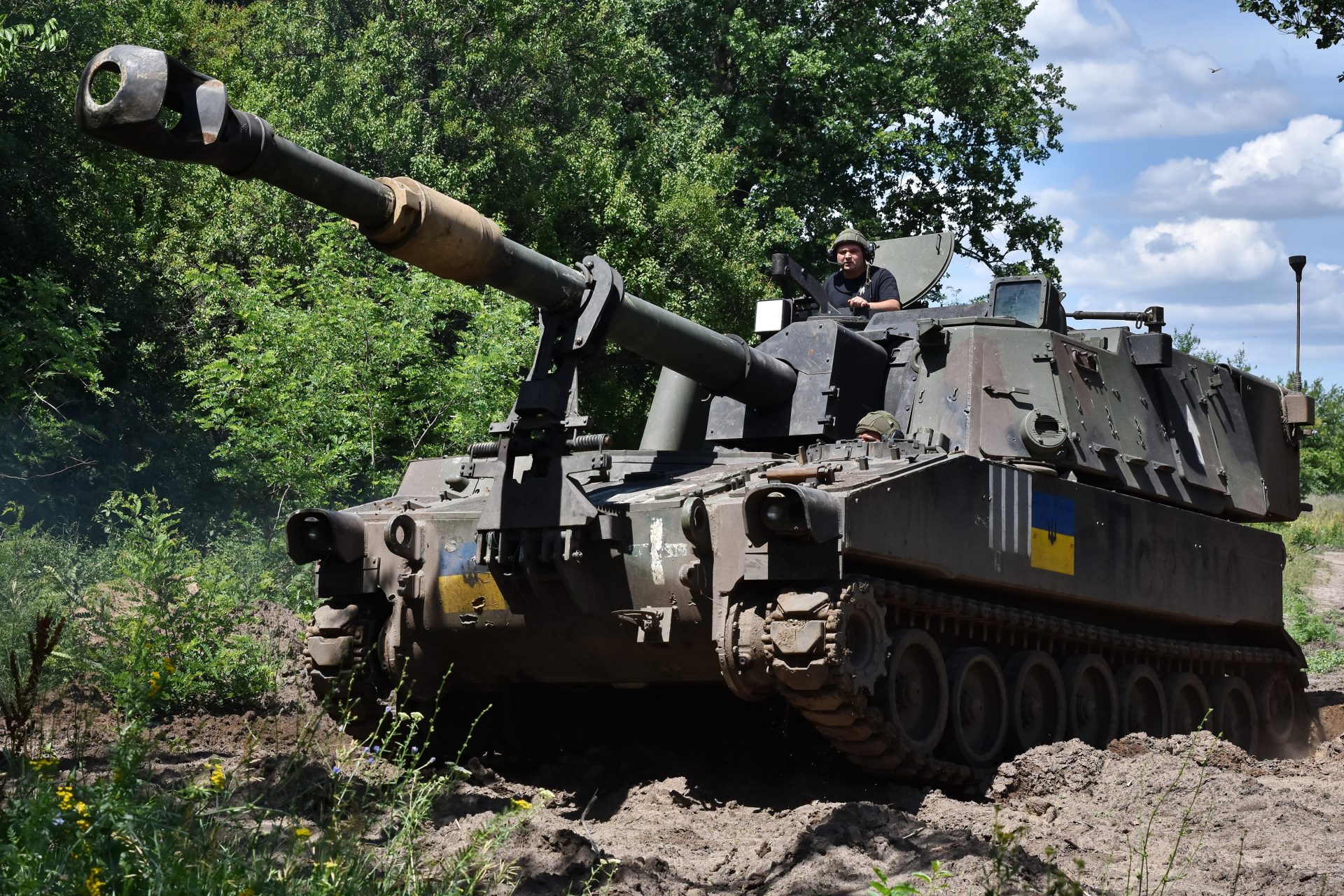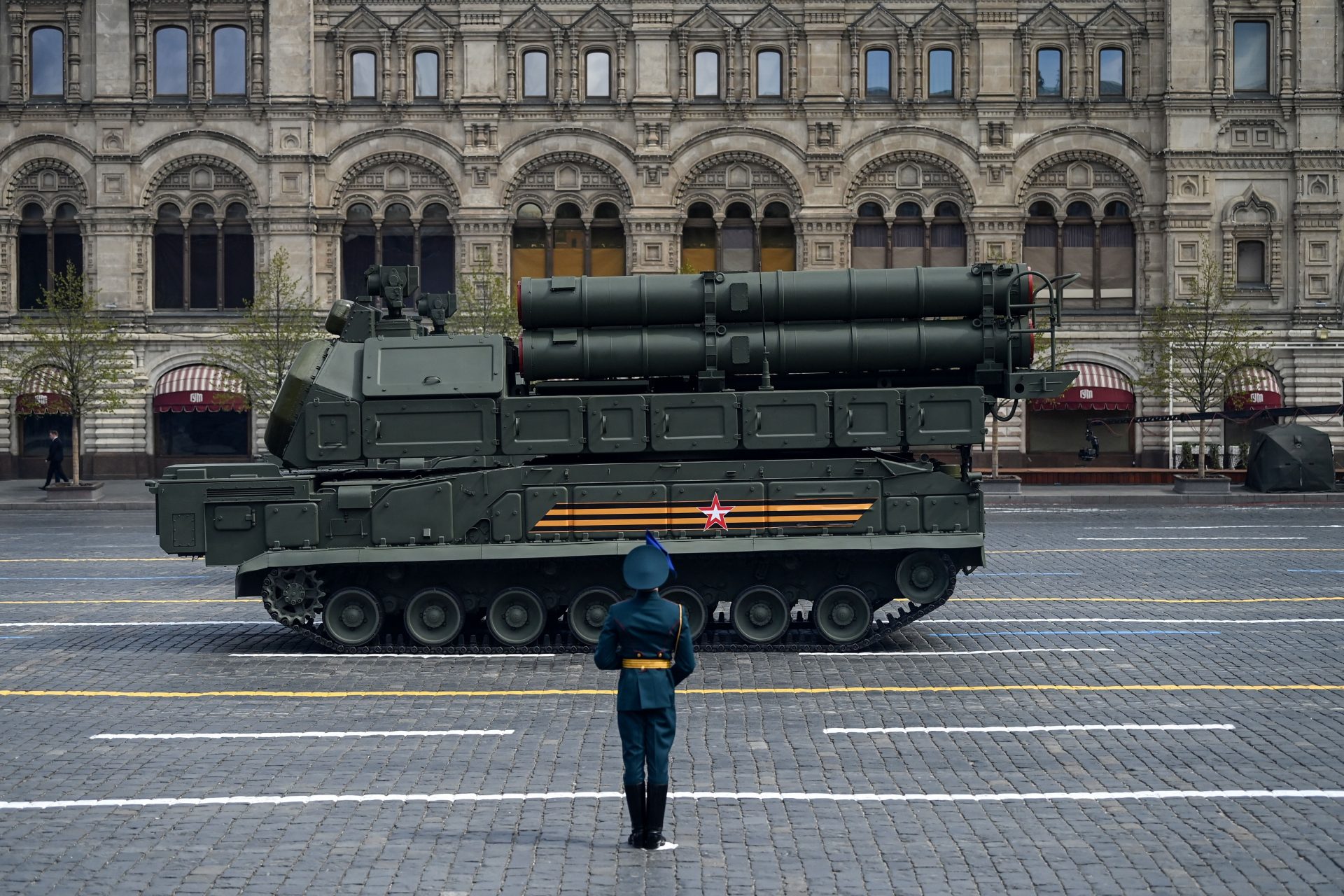The American F-35s biggest competitor recently achieved another major milestone
Turkey has been developing a fifth-generation fighter jet it believes will be as good or better than the American F-35 Lighting II, and this new fighter jet just reached another major milestone in its development.
In February 2024, the Turkish TAI KAAN fifth-generation fighter jet took to the skies for the first time during its test flight. The advanced plane was developed to compete with the U.S. F-35 Lighting II, but how does the TAI KANN compare to its American rival?
Turkey’s domestically produced fifth-generation fighter jet undertook its first maiden test flight on February 21st in what was a big step forward for the country’s plans to deploy its own internally produced airframes.
In 2019, Turkey was kicked out of the F-35 program after Ankara chose to buy S-400 air defense systems from Russia according to Business Insider, which was a decision that led to Ankara began developing its own fifth-generation fighter jet.
The TAI TF (Turkish Fighter) KAAN was developed by Turkish Aerospace Industries with assistance from BAE Systems in a deal that was signed in 2017 worth $125 million dollars according to Reuters.
“With KAAN, our country will not only have a fifth generation fighter jet but also technologies that few countries in the world have," Haluk Gorgun, head of Turkey's Defence Industries Directorate explained on Twitter.
The KAAN fighter jet is powered by two General Electric F-110 engines, which are also found in the American F-16. However, Turkey plans to eventually make its own domestically produced engines for the fighter jet.
Turkish Aerospace Industries CEO Temel Kotil posted on Twitter that the KAAN’s first flight lasted thirteen minutes, clocked at a speed of 230 knots, and reached an altitude of 8,000 feet or roughly 12,740 kilometers, Defense News reported.
The KAAN has a wingspan of forty-six feet or fourteen meters and a length of sixty-nine feet or twenty-one meters. The new Turkish fighter jet is also expected to have many of the characteristics of a fifth-generation airframe.
Defense News reported that “low observability, internal weapons bays, sensor fusion, advanced data links, and communications systems” will all be a part of the KAAN. The fighter jet is also expected to be in service until 2070.
“The project places Turkey in a small group of powers working on fifth-generation aircraft,” Bloomberg News noted. However, Turkey’s new fighter jet isn’t expected to be in operational service for several years.
On February 21st, 2024, Turkish President Recep Tayyip Erdoğan posted on Twitter that his country had passed a "very critical stage on the way to producing its own fifth-generation warplane” according to a translation from Business Insider.
On June 27th, 2024, the KAAN flew its second test flight which was successful, according to a report from Aerospace Global News.
“Our National Combat Aircraft… took off from the runway at 08:46 this morning, stayed in the air for 14 minutes, and reached an altitude of ten thousand feet,” confirmed Dr Haluk Görgün, the secretary of Turkish Defence Industries
Photo Credit: Wiki Commons By Staff Sgt. Jonathan Snyder, Public Domain
“With confident steps towards mass production, our skies are in safe hands with our local and national technologies," Görgün added. The KAAN is expected to be the backbone of the Turkish Air Force in the future, according to Defense Procurement International. But will the jet be better than the F-35?
Photo Credit: Wiki Commons By Dimir, Own Work, CC BY-SA 4.0
Temel Kotil claimed at a May 2024 event in Ankara that his Turkish Aerospace Industries' KANN fighter jet "is better than the F-35" and noted that it has a larger ammunition carrying capacity and added that the KAAN's two engines versus the F-35's single-engine made it more powerful according to Breaking Defense.
Photo Credit: Wiki Commons By World Travel & Tourism Council - Temel Kotil, President & CEO, Turkish Airlines, CC BY 2.0
“The F-35 carries six tons; this one carries 10 tons of ammunition. It has two engines compared to the F-35’s single engine. Having two engines means more energy and radars illuminating a greater distance,” Kotil explained. However, whether or not the KAAN is a match or even better than the F-35 has yet to be seen.
Photo Credit: Wiki Commons By JohnNewton8, Own Work, CC BY-SA 4.0
On December 6th, 2024, it was reported by Defence Industry Europe that the KAAN reached another major milestone in its development when the advanced jet's afterburners were engaged for the first time ever,
“Successfully activating an afterburner on a jet engine is not just a technical achievement; it is a triumph of discipline and teamwork,” Turkish Aerospace President and CEO Mehmet Demiroğlu said about the milestone.
“This milestone is not merely a testament to today’s success but also an inspiration to pursue even greater goals for the future,” Demiroğlu added. Whether or not the KAAN will be able to compete with the F-35 is still yet to be seen, but the jet is well on its way to becoming a mainstay in the sky.
Even more impressive than the KAAN's recent successful afterburner test was the news that Saudi Arabia is looking to purchase 100 KAAN fighters according to a report from Hürriyet quote by The Defense Post.
Photo Credit: X @modgovksa
More for you
Top Stories



